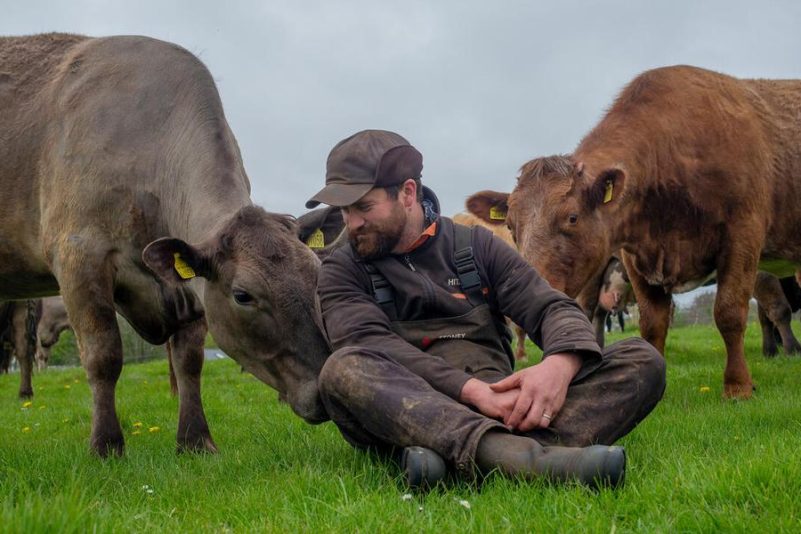The case for transition to regenerative dairy in the UK: Report by WWF-UK

NatWest and WWF-UK have been working together to accelerate the transition to a sustainable UK food and agriculture system. This work could not come at a more critical time. Amidst policy uncertainty, market volatility, and extreme weather events impacting harvests, the following reports by WWF-UK show that dairy farms that have completed the transition to a regenerative system can be more profitable and are likely to be more resilient to price shocks in inputs and milk prices as well as to extreme weather events compared to high-input high-output farms. It is also clear that farmers are shouldering most of the risk, but this should be distributed more equitably across the supply chain.
Amongst the resources published by WWF-UK highlighting the case for transition to regenerative dairy in the UK are:
- Case studies: This report showcases five farmers’ transitions to nature-friendly dairy farming, driven by improved work-life balance and future resilience. It highlights that regenerative farming is both financially sensible and a strategic business decision.
- Documentary films feature the personal stories of the five UK dairy farmers on the case study report, challenges and benefits.
- Insights from sector engagement in England and Wales explores the financial and business case for regenerative dairy with farmers, banks, food retailers, food producers, farm advisors, NGOs, and civil servants. Outlines key actions for government, financial institutions and the dairy sector.
- Economic modelling shows all types of dairy farms are more profitable and resilient at the end of the transition to regenerative practices. However, the transition period (‘fallow years’) is long, and support is needed from the public and private sector.
- Practical guide for farming consultants and finance practitioners shows the financial implications, the government and market support available across England, Scotland and Wales, and the carbon and nature impacts of regenerative dairy farming practices.
Mei Casal, Senior Policy Advisor on Food, finance and Farmers at WWF-UK, outlines the supply chain support needed to enable a profitable transition to regenerative agriculture for farmers:
Based on a financial model and in-depth analyses of five farms that have made this transition, WWF’s study demonstrates that regenerative dairy farming is a financially viable choice. The findings show that farms can become more profitable and resilient post-transition while also delivering benefits to nature, the climate, and farmers’ work-life balance. However, the research highlights that the risks and costs of the transition are not currently distributed equitably or efficiently across the supply chain, and there are insufficient incentives to enable the sector to transition at scale. Coordinated action is needed across supply chain actors, including retailers, processors, farmers, banks, insurance providers, consumers, and the government.Mei Casal, Senior Policy Advisor on Food, finance and Farmers, WWF-UK
Subscribe to our Newsletter
A quarterly update of all LUNZ Hub activities, events and news stories.
